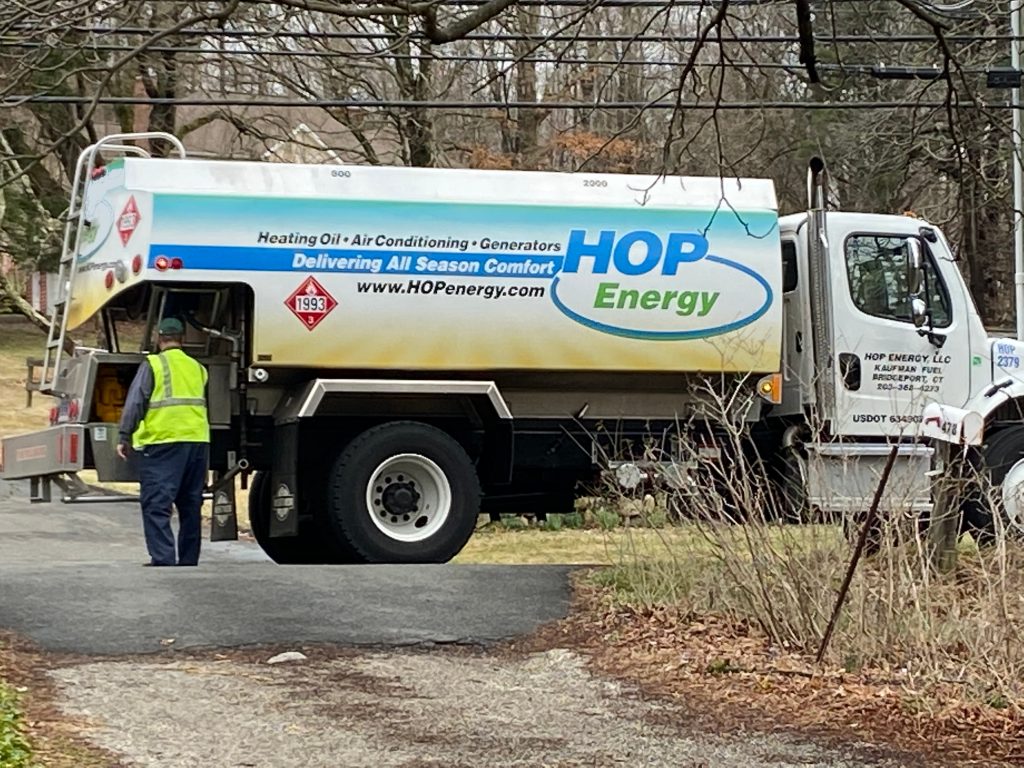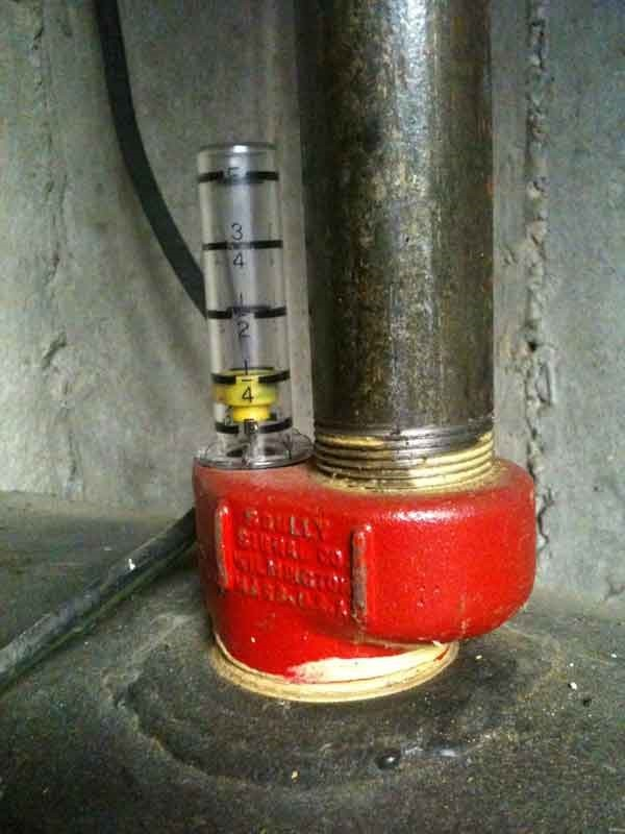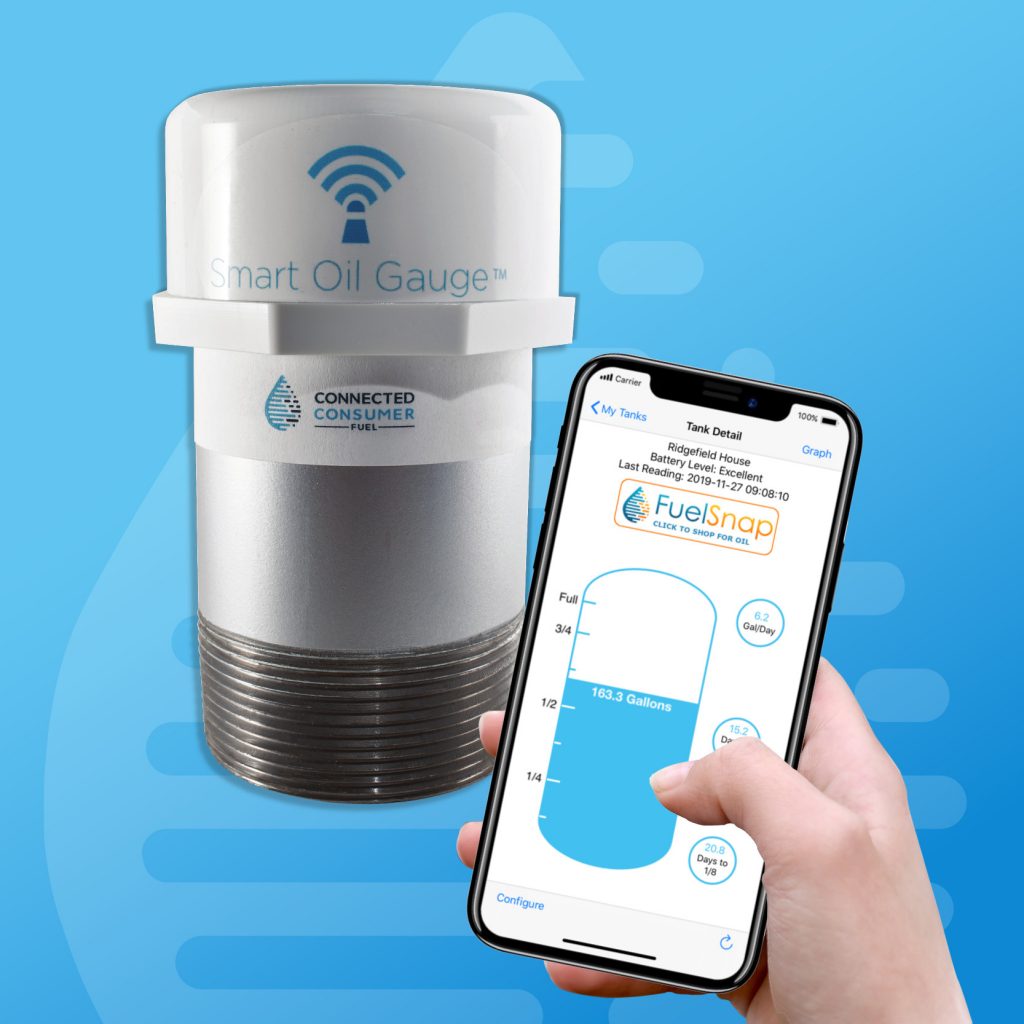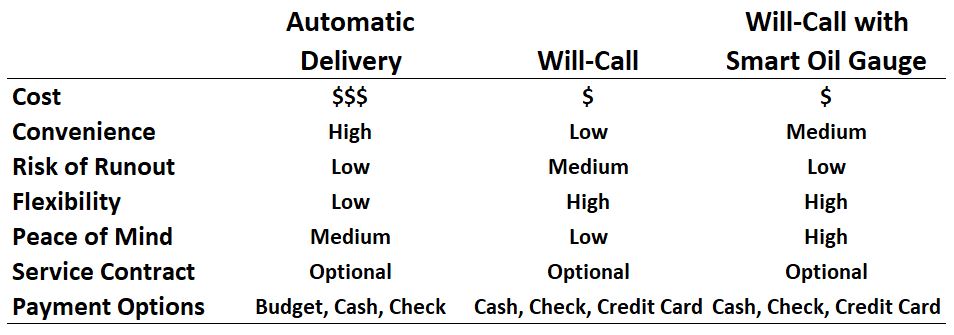If you’re new to home heating oil, the first decision you’ll have to make is: should I sign up for automatic home heating oil delivery? Automatic delivery means you sign an agreement with a single heating oil company for the year. This agreement says you will buy all your heating oil for the whole season from them, and they will automatically deliver it to you. This sounds like a great idea on the surface, but there is a major cost to this which we will touch on below.
The alternative to automatic home heating oil delivery is being a ‘will-call’ customer: someone who only orders heating oil as needed. There are pros and cons to each, and we’ll break them down in this post.

Heating Oil Basics
Unlike natural gas or electricity, you must have heating oil periodically delivered to your home. Before you order heating oil for the first time, you’ll want to familiarize yourself with these terms:
- Automatic Delivery: An agreement, usually for one year, that a heating oil company will delivery all the necessary heating oil to you on their own schedule. The dealer uses a system called ‘Degree Days’ to estimate when you’ll need oil next. The system uses outside temperature and delivery history to estimate your tank level. Expect to pay a premium price for heating oil to receive automatic delivery.
- Will-Call: The alternative to automatic delivery, wherein you simply order heating oil as needed. By being a will-call customer, you can take advantage of significantly lower prices for heating oil. The downside is you must monitor your own oil tank. When you’re low, just check heating oil prices and order heating oil online with a credit card.
- Service Contract: A maintenance plan that provides 24/7 support if a heating system fails during the winter. This is sometimes included ‘free’ with automatic delivery, but be wary of this. You are likely paying an extra dollar per gallon of heating oil to pay for this ‘free’ service contract. This adds up to $800 – $1000 per year on an average home in the Northeast! There are many reputable service companies that will service your system in the event of an emergency. Further, you should learn to inspect your own oil tank as well.
- Budget Payment Plan: A payment agreement with the heating oil company that spreads out your total heating oil spend over 9, 10, or even 12 months. This helps eliminate very large bills during peak heating season by spreading the bills out over many months. This is the most profitable type of customer for the oil heating company, as they can charge extremely high heating oil prices without the homeowner noticing.
- Fixed-Price Agreement: An agreement when signing up for automatic home heating oil delivery that you will pay a fixed-price for heating oil that season. This helps protect against major price increases that may occur. It comes at a cost, however: usually 20 cents per gallon for your estimated usage. Also, you may pay above-market prices if the prices fall during the season, as happened in 2020.
- Price-Cap: A price-cap plan is an agreement that your heating oil price fluctuates with the market price but will not exceed a certain price. Many homeowners fall for the price-cap agreement, as they believe there is no downside to it. Remember, if it sounds too good to be true, it probably is! This is because when the market price for oil lowers, the oil company is under no obligation to lower their price accordingly They may lower it only slightly, for instance. So while you may be protected if the price for oil skyrockets, you’ll be left paying extra if the price drops. This played out in early 2020 when oil prices fell by over 50% and folks on automatic delivery did not even see their price budge at all.
How to Choose Between Automatic Oil Delivery and Will-Call
Historically, those were the two options: pay a premium for automatic delivery or run down to the oil tank periodically as a ‘will-call’ customer. Automatic delivery was obviously much more convenient than running down to the basement, so fuel oil dealers could charge a huge premium for this service. Even today, fuel oil dealers are charging an average of 40-50 cents per gallon for automatic home heating oil delivery, with some charging more than a dollar extra per gallon! Be careful to not get lured in by a ‘first fill’ price of $1.49 to sign up for automatic delivery. The price ALWAYS goes up after that.
To avoid over-paying for heating oil, will-call is the next option. To be a will-call customer, you’ll have to familiarize yourself with checking your heating oil tank gauge. For a detailed explanation read how to check your heating oil tank gauge. Remember, running out of heating oil can be very costly, so don’t forget to check that oil tank!

Fortunately, these are no longer your only two options. There is now a third option, which brings the cost-savings of being a will-call customer together with the peace of mind of automatic delivery: a Smart Oil Gauge. The Smart Oil Gauge is a WiFi heating oil tank gauge. It tells you on your phone how much heating oil is in the tank. It will alert you when your tank is low and it’s time to order oil. You can even order heating oil right from the app.

What is the Best Option for Heating Oil Delivery?
So what’s best? We rate the three options below.

3rd Place: Automatic Home Heating Oil Delivery
We recommend automatic delivery for folks who just don’t want to think about heating oil. Sign up at the beginning of the season, and then get a bill every month for your deliveries. This is an expensive option, but if money is no object then we recommend it. You may also prefer a budget payment plan which spreads out your payments over the course of the season. This is usually only possible with automatic delivery. But remember, you pay much more over the course of the season for this benefit.
There is still a risk of runout with automatic delivery. So, ask your heating oil company to install an oil tank monitor, or buy your own to make sure you don’t run out.
2nd Place: Will-Call
Will-call will save you hundreds of dollars per year, and thousands over the long-term. That said, those savings can be wiped away if you run out of oil when you’re away from home. Frozen pipes can lead to a catastrophe that costs tens of thousands to repair.
If your oil tank is in a convenient location, however, will-call may be the way to go. You’ll have total flexibility when it comes to choosing a supplier. And you can shop around for the best price for heating oil whenever you are low. Just don’t forget to check the tank!
1st Place: Will-Call with a Smart Oil Gauge
If you want to save money on heating oil, go with will-call, and invest in a Smart Oil Gauge. For around $150 a Smart Oil Gauge will give you even more peace of mind than automatic delivery. It will tell you how much oil is in the tank, and alert you when it’s time to order heating oil.
Within the app, you can even check heating oil prices near me and order heating oil online in seconds. Pay with a credit card and take advantage of will-call pricing right through the app.
What about a Service Contract?
Some dealers will insist that you MUST be on automatic delivery for them to provide a service contract. If that’s your dealer, we recommend finding a new one! There are plenty of dealers who offer service contracts and do not require automatic delivery. DollarWise Oil is one of these companies that offers various maintenance options. Ryan Anthony’s Heating Service Inc. is another one – they offer maintenance plans and do not even sell heating oil! So next time a heating oil dealer tells you that you have to buy all your heating oil from them if you want a service contract, find another company!
Save Money And Only Order Heating Oil As Needed
With today’s technology, you can now take advantage of the lowest pricing possible by only ordering heating oil as needed. Get the peace of mind of automatic delivery by installing a Smart Oil Gauge to keep an eye on the tank level. Configure your alerts so you know when the tank is low. And when it’s time to order heating oil, come back to FuelSnap and get the best heating oil prices possible.
Happy heating,
Steve



